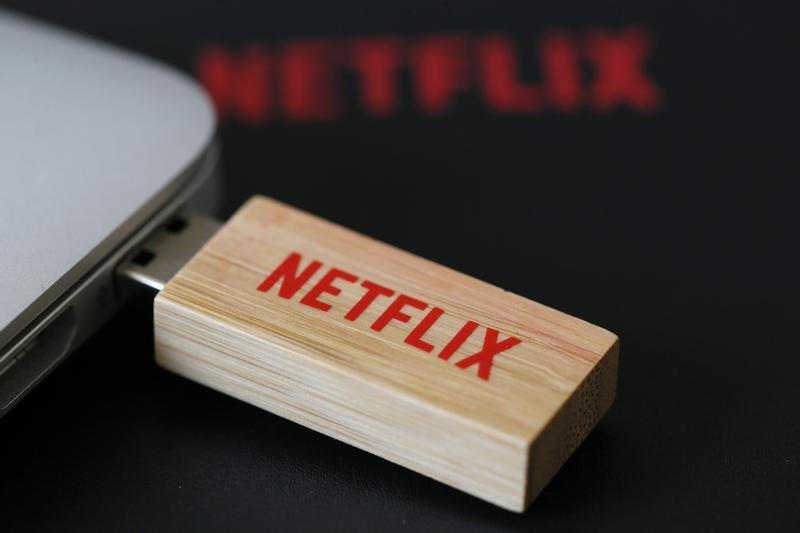This post was originally published on this site
https://i-invdn-com.investing.com/trkd-images/LYNXMPEI0K0K5_L.jpg
(Reuters) – Futures tracking the Nasdaq 100 index slipped on Friday after a weak forecast from Netflix sent its shares along with other streaming companies spiraling lower, with Wall Street’s main indexes headed for another week of losses.
Netflix Inc (NASDAQ:NFLX) plunged 19.6% in premarket trading after the streaming giant fell short of market forecasts for new subscribers at the end of last year and offered a downbeat outlook for early 2022.
Shares of technology and media companies including Walt Disney (NYSE:DIS) Co, ViacomCBS (NASDAQ:VIAC) and Roku (NASDAQ:ROKU) that have invested heavily in streaming also fell between 1.7% and 5.4%.
All the three major Wall Street indexes tracked weekly declines, with the Nasdaq Composite and the S&P 500 set for their worst week since October 2020. The Nasdaq on Wednesday closed more than 10% below its all-time high hit in November, confirming it was in correction territory.
The tech-heavy index has particularly come under pressure after rising Treasury yields and expectations of a more aggressive Federal Reserve in controlling inflation hit growth shares.
The central bank’s policy meeting next week will offer more clarity on its fight against surging inflation, after data earlier this month showed consumer prices rising to its highest level in four decades in December.
At 7:03 a.m. ET, Dow e-minis were down 68 points, or 0.2%, S&P 500 e-minis were down 20.25 points, or 0.45%, and Nasdaq 100 e-minis were down 120.25 points, or 0.81%.
Analysts also raised doubts about business prospects of pandemic market favorites including Netflix and Peloton Interactive (NASDAQ:PTON) on Thursday. However, shares of Peloton recovered somewhat from the previous day’s fall, gaining 6.8%.
The U.S. Senate Judiciary Committee on Thursday approved a bill that would bar tech giants like Amazon.com (NASDAQ:AMZN) from giving preference to their own businesses on their websites, despite hefty lobbying from top executives like Apple (NASDAQ:AAPL) Chief Executive Tim Cook.

